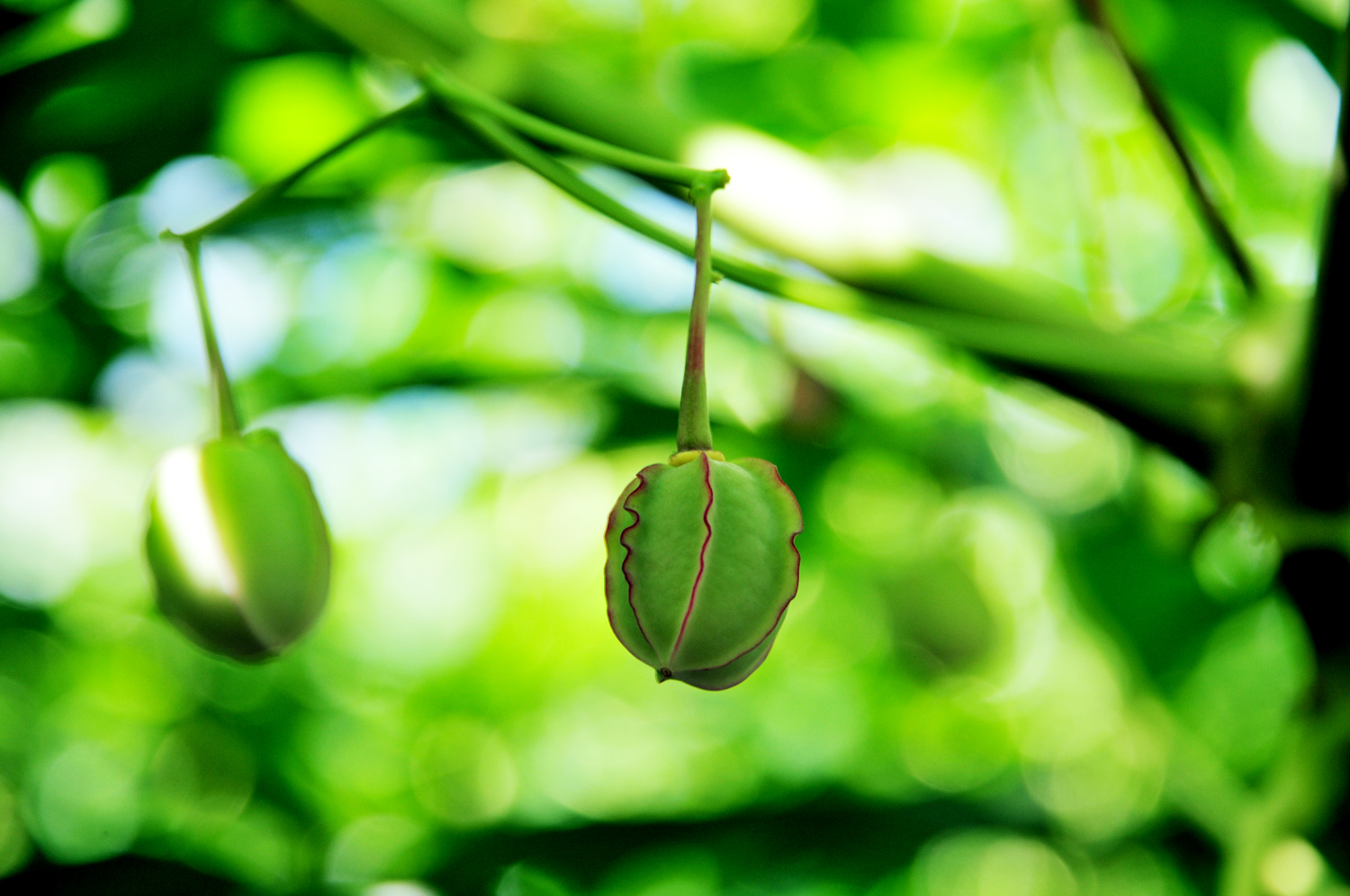GCP work in cassava brings state-of-the-art technologies to Africa
- Tuesday, 03 May 2005 20:21

Can high-tech research using state-of-the-art equipment be replicated in developing countries? The Generation Challenge Programme believes that it can and that it must. A CIAT-led Generation Challenge Programme project entitled 'Development of Low-cost Marker Technologies for Pyramiding Useful Genes from Wild Relatives of Cassava into Elite Progenitors' is pioneering a rigorous training and technology transfer plan to radically upgrade cassava breeding capacity in National Agricultural Research Systems (NARS) in Ghana, Uganda, and Nigeria.
Nowhere is cassava more important as a food crop than in Africa, declares Emmanuel Okogbenin, a Nigerian molecular geneticist and plant breeder in the project. In recent years, the transformation of cassava from a food crop to an industrial crop has seen it grow in economic importance in most African nations, thus providing a great prospect for poverty alleviation among the resource poor farmers who mainly grow the crop.
Improved cassava varieties are key to meeting that potential, but breeding efforts have been hampered by cassava's high heterozygosity and long growth cycle. Marker-assisted selection (MAS), using the wealth of molecular markers associated with important traits now available, represents the most effective means of meeting the increasing demands and challenges of the African cassava industry, says Okogbenin.
Boosting capacity for marker-assisted selection in cassava requires a multi-pronged approach. The CIAT project employs four essential mechanisms: training courses, new MAS laboratories, the introduction of elite germplasm into Africa, and technical backstopping.
The first training workshop in marker-assisted selection and advanced breeding was held in April and May of 2005 for scientists from Brazil, Ghana, Uganda, and Nigeria. The workshop used lectures, laboratory and field practicals, and computer classes to cover a wide range of topics, including quantitative trait loci (QTL) and gene mapping, linkage analysis, genetic transformation, haploid technology, tissue culture, breeding schemes, integrated pest management, and cassava production. "Our primary goal in the workshop was to provide a broad and holistic overview of cassava improvement approaches", explains the project's co-Principal Investigator Dr. Martin Fregene.
The project is also investing in much-needed laboratories. A major constraint in the application of genomic tools in crop improvement in Africa has mainly been the lack of facilities, remarks Okogbenin. The success of this project hinges on creating laboratories in Africa.
For this reason, three new laboratories have been built in Africa: one at the National Root Crops Research Institute (NRCRI) in Umudike, Nigeria; another at the Crops Research Institute (CRI) in Kumasi, Ghana; and the third at the Namulonge Agricultural and Animal Production Research Institute (NAARI) in Uganda. Using both NARS and GCP funds, the progress on all three labs has been steady and rigorous. Two laboratories are at least 90% ready to begin MAS activities, while the third should be up and running in the near future.
Sustaining state-of-the-art labs cannot be accomplished without technical backstopping,says Fregene. CIAT has appointed Dr. Okogbenin to oversee and coordinate project activities in Africa from his post at the NRCRI in Nigeria and provide technical backstopping as needed. Dr. Okogbenin has thus far supervised the introduction of in vitro materials, transplantation of those materials to the field, and arrangement for plant quarantine inspection and evaluation of materials in the field.
This project is helping to re-shape the concept of applied biotechnology in cassava breeding in Africa through demand-driven research for the rapid improvement of the crop to meet increasing challenges of the continent, says Dr. Okogbenin. More importantly, African scientists are beginning to appreciate that biotechnology, hitherto considered an exclusive preserve of advanced countries, is not just a necessity for advancement of science but also a key process for promoting agricultural development and food sufficiency on the continent.
For more information, please contact Martin Fregene ( This email address is being protected from spambots. You need JavaScript enabled to view it. ) or Emmanuel Okogbenin ( This email address is being protected from spambots. You need JavaScript enabled to view it. ).
